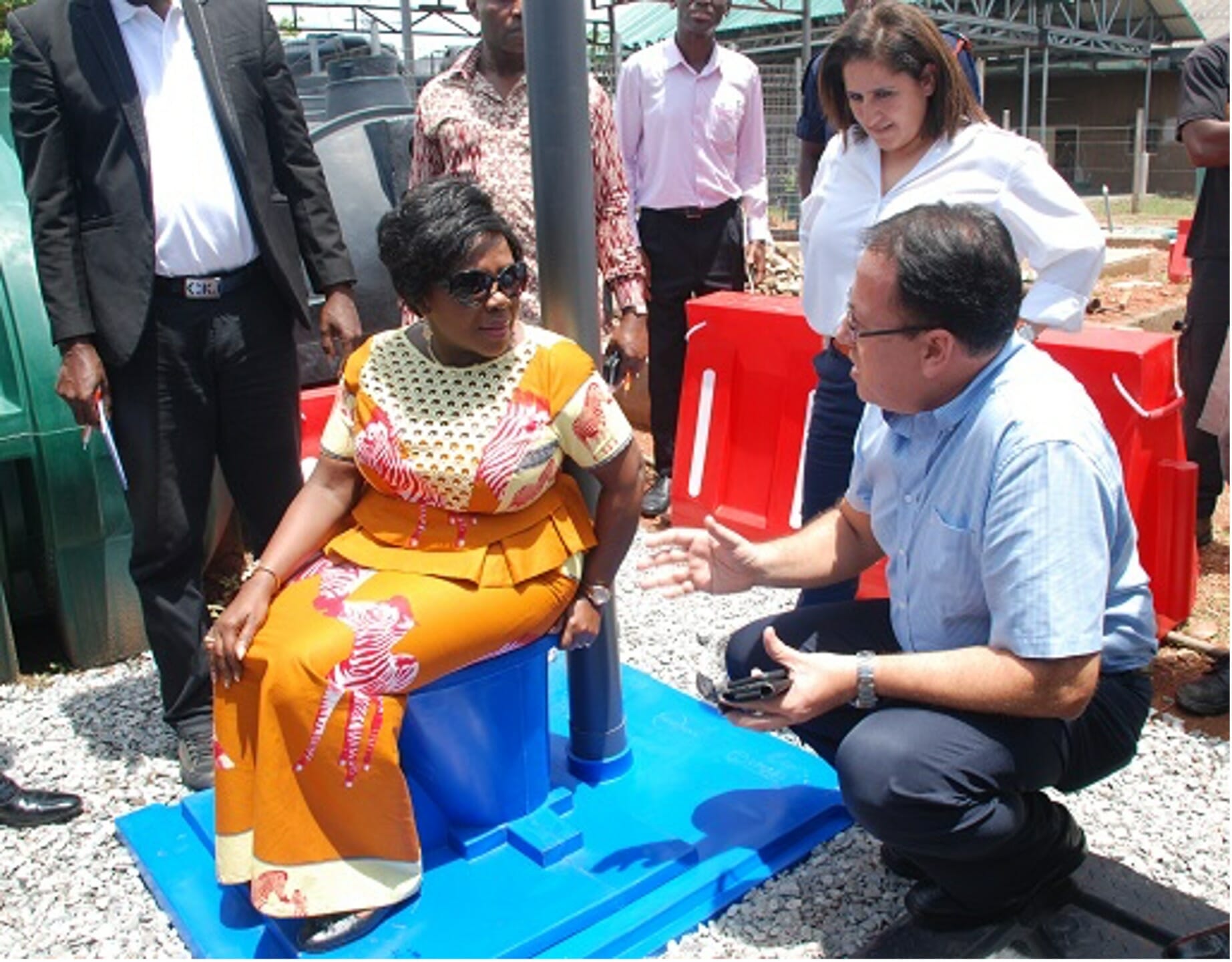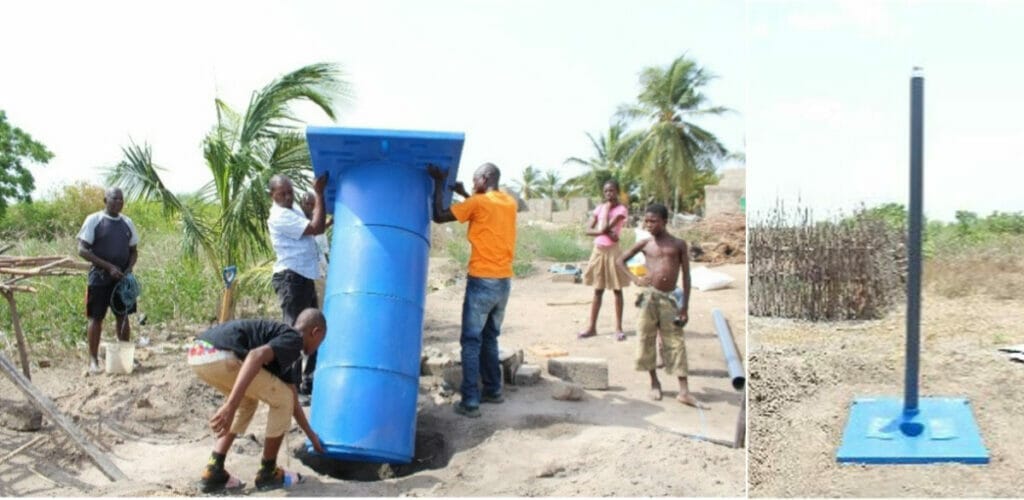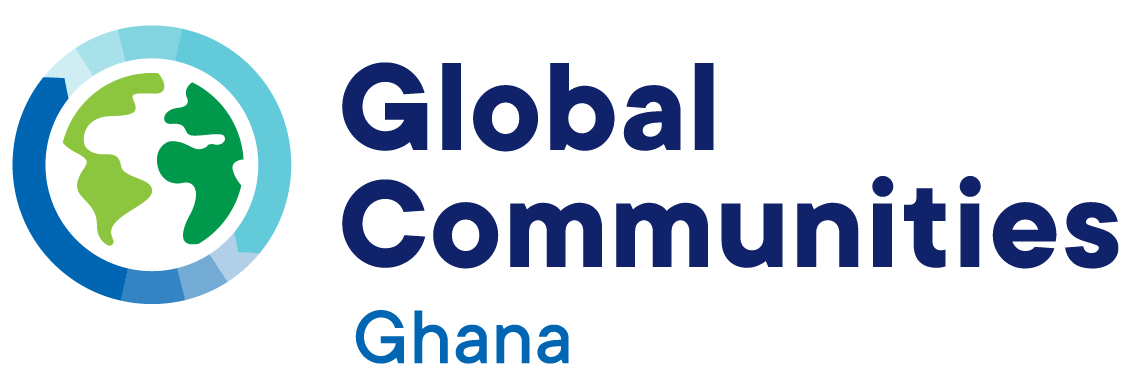News > Blog
Digni-Loo catches Sanitation Ministry’s Attention/Sanitaion Ministry to provide some 20,000 households with Digni-Loos
Published 12/08/2022 by Global Communities


The Minister for Sanitation and Water Resources, Madam Cecelia Abena Dapaah, on Tuesday, 9th October 2018 paid a visit to the Duraplast Ghana Limited plant at Kaneshi Industrial Area to have a look at the Digni-Loo, an innovative plastic latrine by Global Communities as part of their USAID-funded WASH For Health project.
At a press conference held prior to the tour of the plant, the ministry, which seeks to end open defecation, was reported to have said that some 20, 000 households will receive Digni-Loo to cater for their sanitation needs.
In attendance were officials from USAID and the Country Director for Global Communities, Alberto Wilde, who also doubles as the brain behind Digni-Loo. According to him, Digni-Loo is an innovative facility to curb open defecation in the rural communities and tackle sanitation challenges in general in order to achieve the sixth Sustainable Development Goal six (SDG 6) – Ensure availability and sustainable water and sanitation for all.

Digni-Loo is a durable, sustainable, hygienic, affordable and easy-to-install plastic latrine. It is a four-component latrine facility comprising of a seat, slab, drum and vent pipe. The soil type determines the number of drums to be used. The seat is a latest model to cater to the needs of the vulnerable in society. It is advisable to house it in a super-structure to prolong its life span. The super structure could be of a concrete model or local building materials such as clay or wood planks, which are usually recommended for rural households.

The Digni-Loo idea was birthed during the implementation of the five-year WASH for Health Project which began in 2015. The goal of the project is to “Accelerate sustainable improvement in water and sanitation access and improve hygiene behaviours”.
The Digni-Loo is a sustainable sanitation option for households without latrines piloted in all five (Volta, Central, Western, Greater Accra and Northern) implementing regions of the WASH For Health project, funded by USAID.
